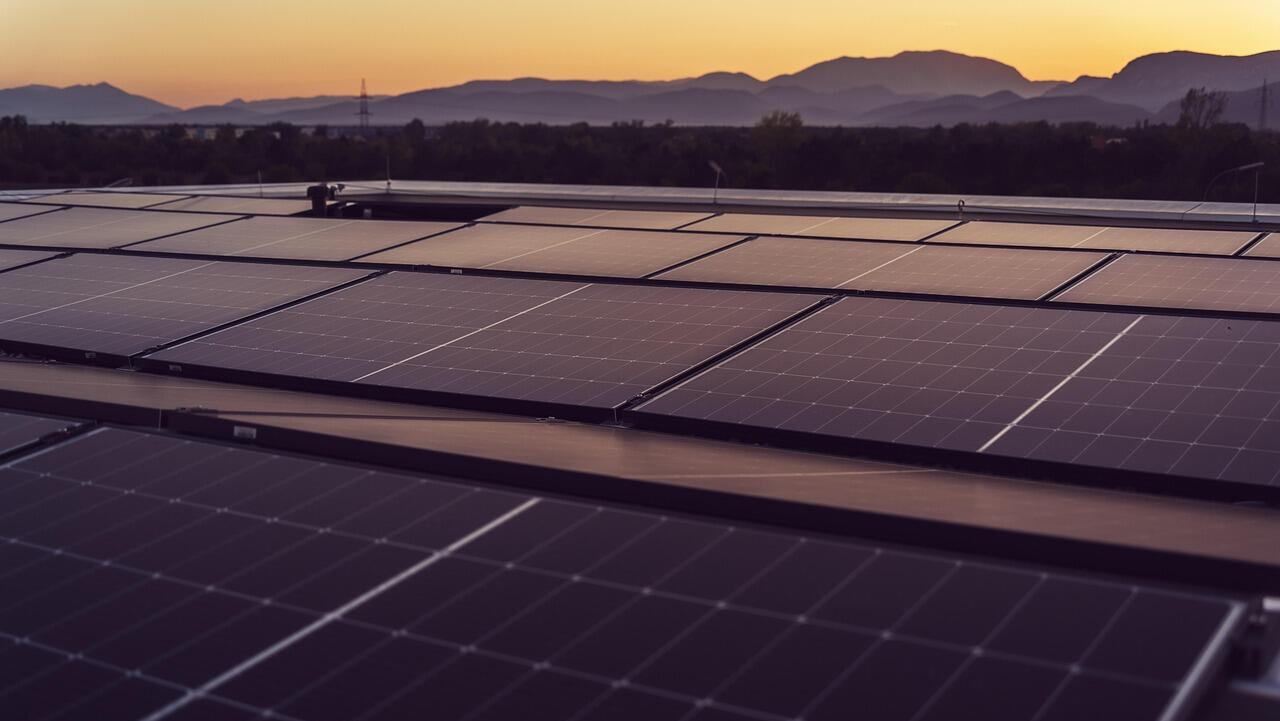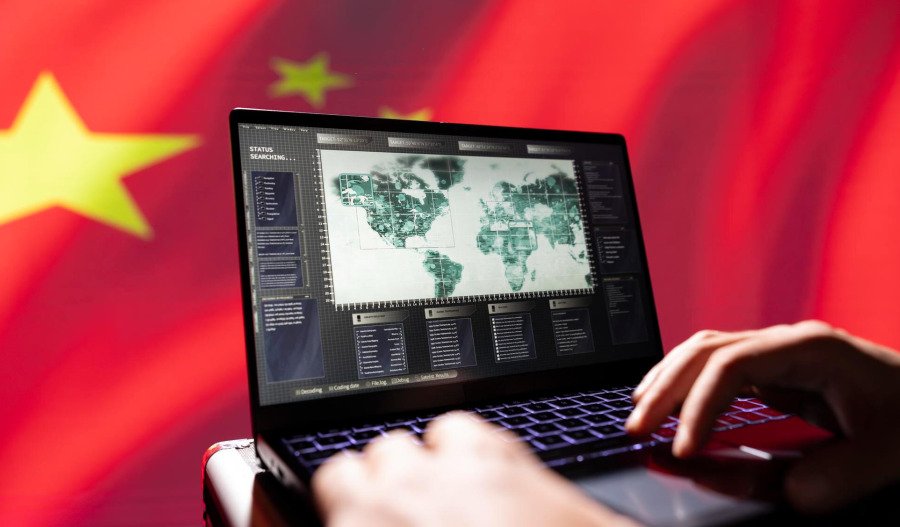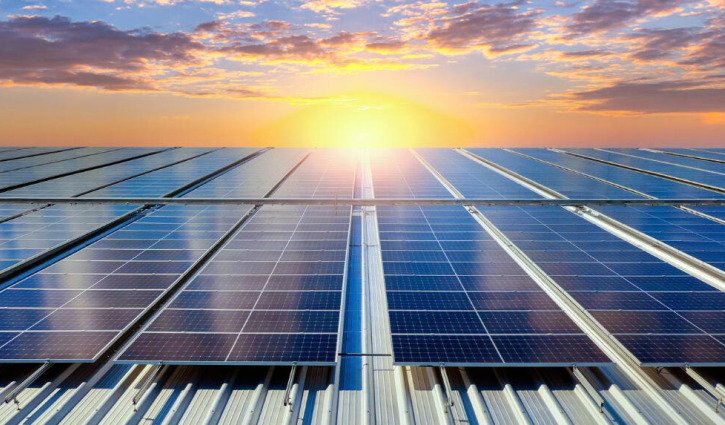The United States is preparing to introduce tariffs as high as 3,521% on solar panel imports from Cambodia, Thailand, Malaysia, and Vietnam, following a year-long investigation into alleged dumping by Chinese companies operating in those countries.
The investigation, launched by the U.S. Commerce Department in 2024, stemmed from complaints by American solar firms, including Hanwha Qcells and Arizona-based First Solar. These companies alleged that Chinese firms, benefiting from state subsidies, were selling solar products at below-market prices through subsidiaries in Southeast Asia, undercutting U.S. manufacturers.
According to the Commerce Department, Cambodia faces the most severe penalties, with a proposed tariff rate of 3,521%, due to a lack of cooperation during the investigation.
Malaysian operations of Jinko Solar, a major Chinese manufacturer, are set to incur tariffs just over 41%, while Thailand-based products of rival Trina Solar could be taxed at 375%.
A final ruling on the tariffs is expected in June from the U.S. International Trade Commission, which will determine whether the measures will be officially enforced.
While American manufacturers have welcomed the proposed action, critics argue the tariffs could hurt the broader U.S. solar industry.
In a separate development, International Energy Agency (IEA) Executive Director Fatih Birol has raised energy security concerns ahead of a high-level summit in London.
Scheduled for Thursday and Friday, the summit is co-hosted with UK Energy Secretary Ed Miliband and will gather officials from the U.S., Japan, Germany, France, India, and major energy producers like Saudi Arabia, Qatar, and the UAE.
Russia was not invited, and China will not attend due to scheduling conflicts, a notable absence given its central role in global energy and solar markets.



